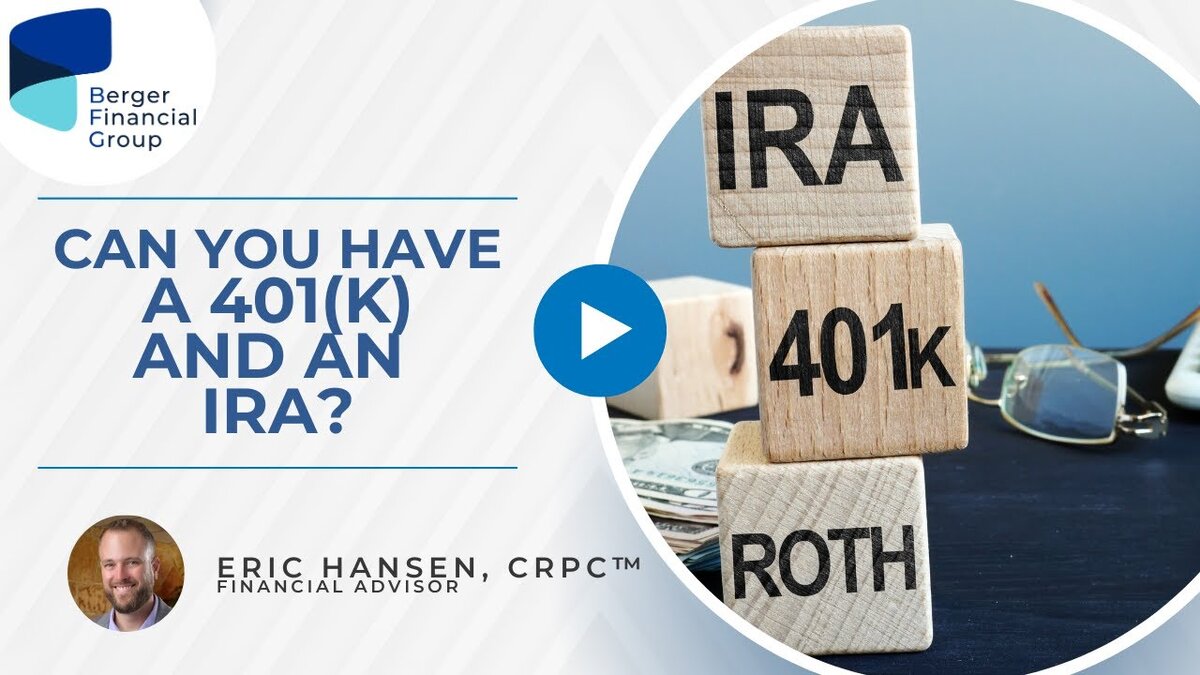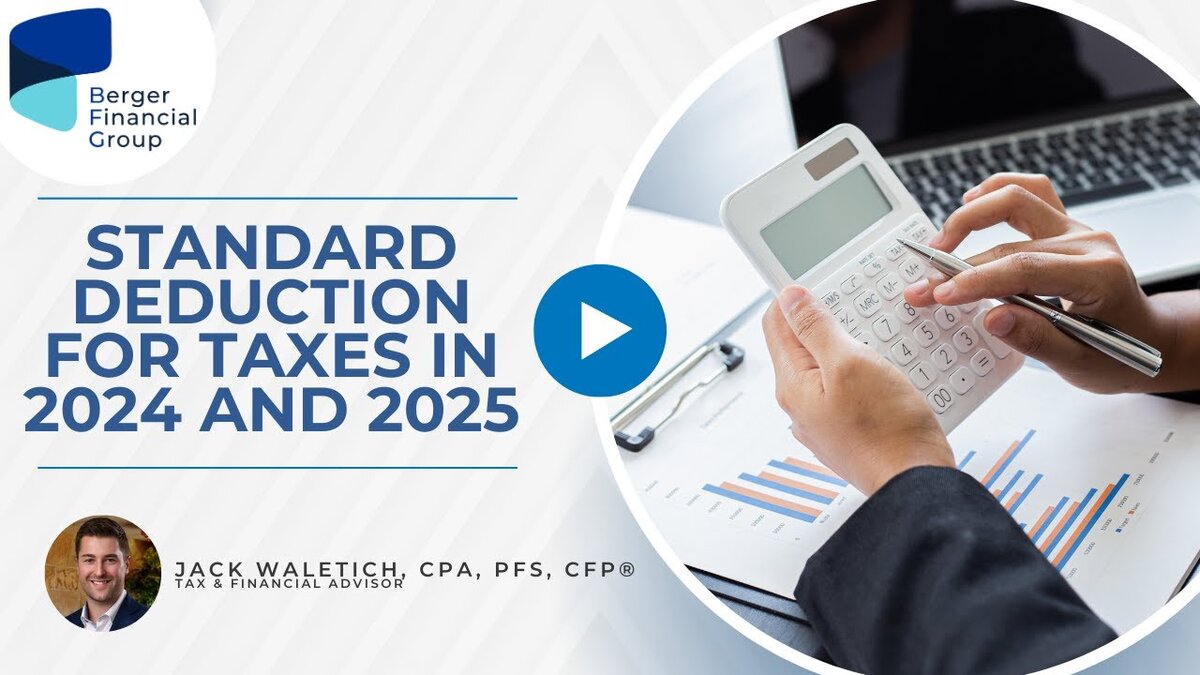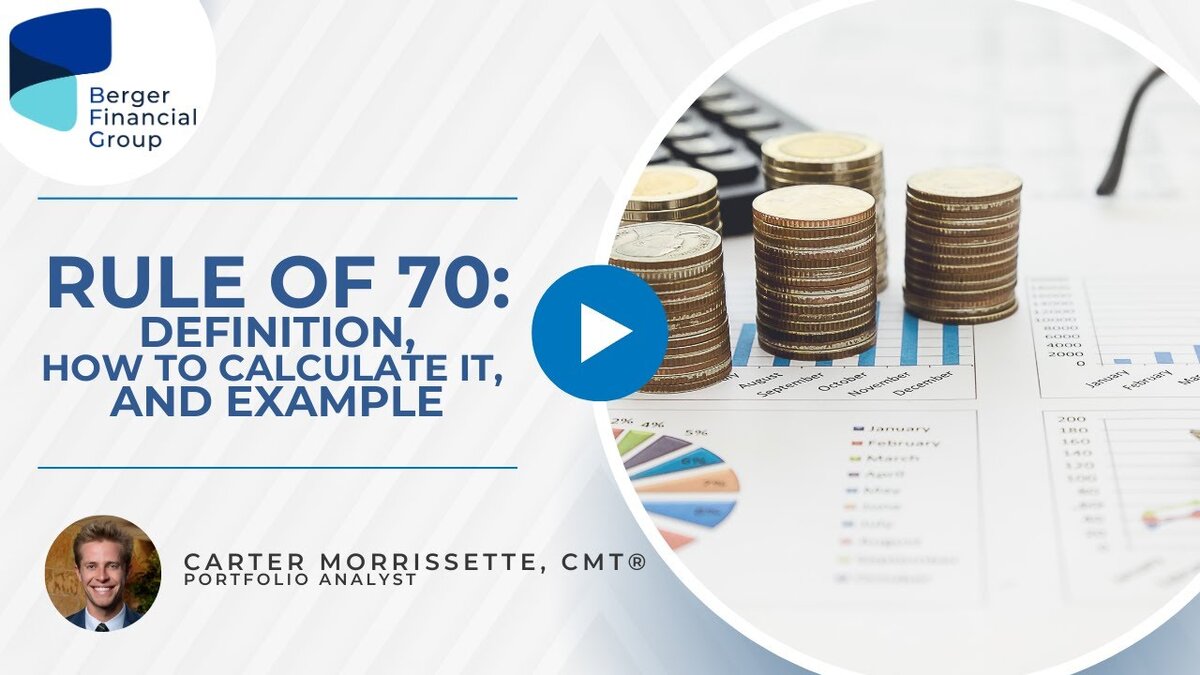Despite a lifetime of diligent work, wise saving, and smart investments to build a financial legacy, a significant portion of your wealth could be lost to taxes upon your passing. With federal estate tax rates as high as 40% and certain states imposing additional estate taxes up to 20%, over half of your assets could end up going to the government instead of your heirs. Fortunately, proper estate planning can help minimize taxes when leaving assets to the next generation. In this guide, we explore strategies and tools to ensure your legacy is passed on as intended.
What Are Estate Taxes?
Estate taxes are levied on the transfer of the taxable estate of a deceased person. The federal estate tax rate can reach up to 40%, and several states impose their own estate taxes that can be as high as 20%. This means that without proper planning, a substantial portion of your estate could be lost to taxation.
Federal and State Estate Taxes
While the federal estate tax is well-known, it is important to be aware of state estate taxes, which can vary significantly. Some states have no estate tax, while others have rates that can greatly impact the amount of assets passed on to your heirs. Understanding the tax implications in your state is a crucial step in minimizing taxes when leaving assets to the next generation.
Strategies to Minimize Estate Taxes
Gifting Strategies
One of the most effective ways to reduce estate taxes is through gifting strategies. By gifting assets during your lifetime, you can reduce the size of your taxable estate. The IRS allows individuals to gift up to a certain amount each year without incurring gift taxes. Over time, these annual gifts can add up, significantly reducing the taxable portion of your estate.
Annual Exclusion Gifts
The annual exclusion allows you to gift up to $18,000 per recipient per year without any gift tax consequences. For a married couple, this amount doubles to $36,000 per recipient per year. This strategy can be particularly effective when gifting to multiple heirs, as it can reduce the size of your estate considerably over time.
Lifetime Gift Exemption
In addition to the annual exclusion, the IRS provides a lifetime gift exemption amounting to $11.7 million per individual (as of 2021). This means you can gift assets up to this amount during your lifetime without incurring gift taxes. By strategically using the lifetime gift exemption, you can further minimize the estate taxes your heirs may face.
Trusts as a Tool for Estate Planning
Trusts are a versatile tool in estate planning, providing a means to control and distribute your assets according to your wishes while minimizing estate taxes. There are various types of trusts, each serving different purposes in the estate planning process.
Revocable Living Trusts
A revocable living trust allows you to retain control of your assets during your lifetime while providing a mechanism for those assets to be managed and distributed after your death without going through probate. While it does not directly reduce estate taxes, it offers privacy and efficiency in asset distribution.
Irrevocable Trusts
An irrevocable trust, on the other hand, removes assets from your taxable estate, potentially reducing estate taxes. Once assets are transferred to an irrevocable trust, you relinquish control over them, but in return, those assets are no longer considered part of your estate for tax purposes. This can be a powerful tool in minimizing taxes when leaving assets to the next generation.
Utilizing Estate Tax Exemptions and Elections
QTIP Election
The Qualified Terminable Interest Property (QTIP) election allows a surviving spouse to receive income from the trust during their lifetime, with the remaining assets passing to other beneficiaries upon their death. This election can provide estate tax benefits by deferring taxes until the death of the surviving spouse.
Portability Election
The portability election allows a surviving spouse to utilize any unused portion of the deceased spouse’s estate tax exemption. This means that if one spouse passes away without using their full exemption amount, the surviving spouse can add the unused portion to their own exemption, effectively doubling the amount that can be passed on to heirs free of estate taxes.
The Importance of Expert Guidance
Estate planning is a complex and highly personalized process. It is crucial to work with financial advisors, tax professionals, and estate planning attorneys to ensure that your strategies are tailored to your specific situation. These experts can help you navigate the intricacies of estate taxes, identify the most effective strategies for your circumstances, and ensure that your legacy is preserved for future generations.
Conclusion

Minimizing taxes when leaving assets to the next generation requires careful planning and strategic use of various tools and strategies. By understanding the implications of federal and state estate taxes, utilizing gifting strategies, setting up appropriate trusts, and making informed elections, you can significantly reduce the tax burden on your heirs. With the right guidance and planning, you can ensure that your financial legacy is passed on as you intended, providing security and benefits for your loved ones. Contact Berger Financial Group today to start planning your estate efficiently.






